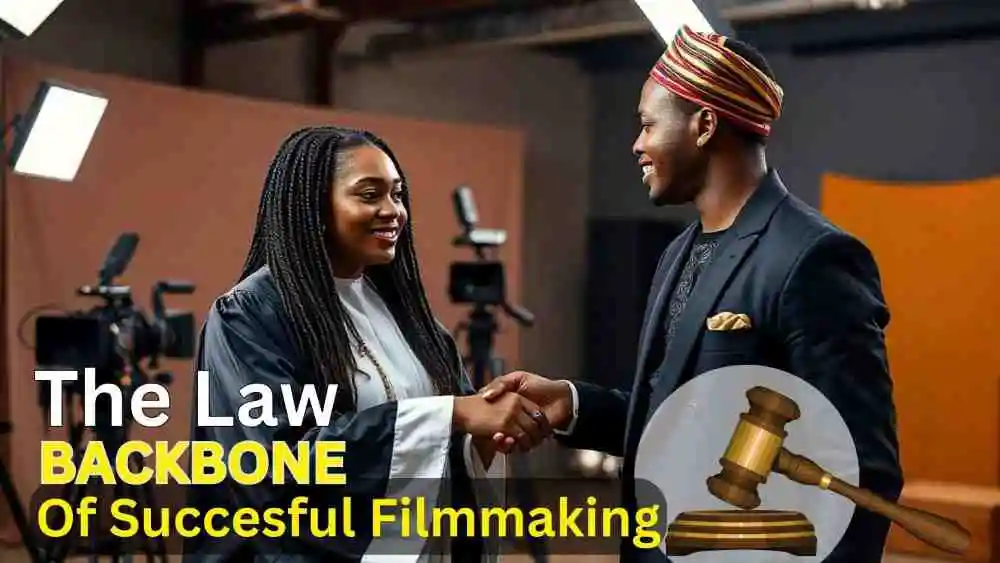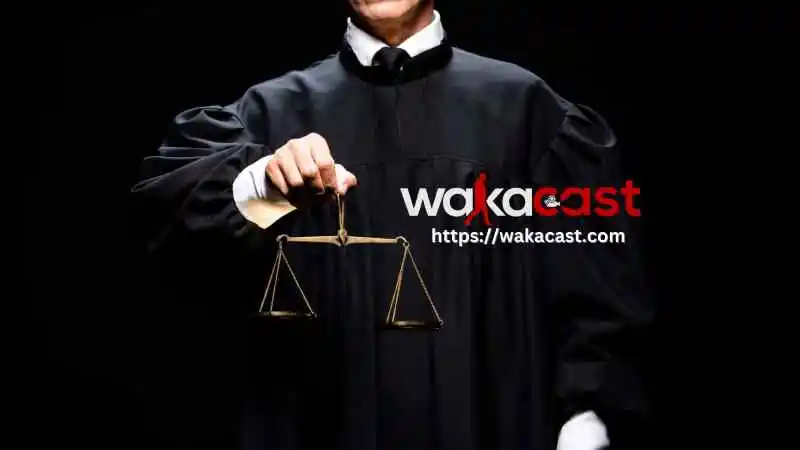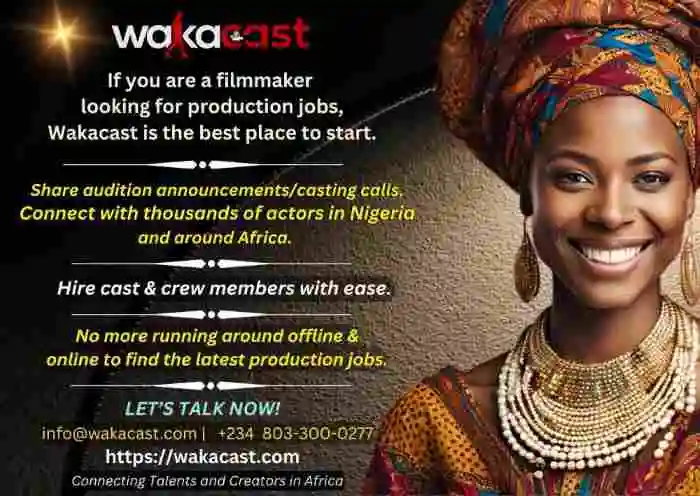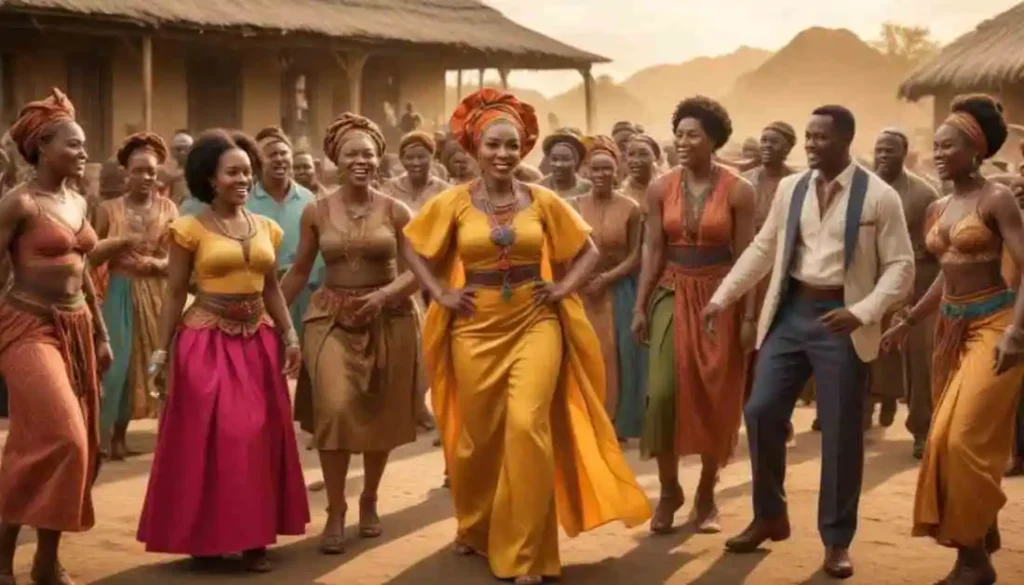
The creative sector is a goldmine of opportunities.
Thousands of talents across the world aspire to make their mark in the film industry, pursuing careers as writers, actors, directors, producers, editors, etc.
In some niches, the barrier to entry is diminishing while the potential rewards are soaring, making it more appealing than ever to all comers.
Due to the collaborative nature of filmmaking, disputes and misunderstandings are inevitable.
“Why did you use my music without permission?”
“Who owns the copyright to the story?”
These are common questions that float around.
“What is Fair Use? Do I have any rights over my story, re-written by another and revised by different professionals?”
What is Intellectual Property (IP), Trademark, Patent, Publicity Rights and Moral Rights etc.? Can you protect your film stories from theft in a digital world where copy and paste reigns?
How do you handle a film distribution agreement?
The landscape gets fuzzier with advancements in AI technology, and the strident debate over intellectual property.
There is no simple answer even from the legal experts.
But there is a fact to note.
Today, all filmmakers must pay attention to the legal aspects of filmmaking.
Whether you are a veteran or an emerging talent, understanding the legal landscape can save you time, resources, and headaches.
Welcome to another edition of the Wakacast Newsletter as we dive into the essential legal aspects of filmmaking.
Before we get started, here is a quick disclaimer:
Disclaimer
This newsletter is for educational purposes only and does not constitute legal advice. The objective is to increase your understanding of legal concepts relevant to filmmaking. We strongly recommend consulting a qualified legal professional before making legal decisions or signing contracts.
Please note: this article only scratches the surface. There is a lot to unpack with the legal aspects of filmmaking and it may take the collaboration and guidance of a legal expert to navigate the terrain smoothly.
READ ALSO: What Is Film Insurance and Do You Need It for Success?
READ ALSO: Is YouTube The Best Distribution Platform For An Emerging Filmmaker?
Navigating the Legal Landscape of Filmmaking

Filmmaking is as much a business as it is an art. The journey from script to screen involves multiple stakeholders, including writers, directors, actors, crew members, investors, and distributors.
With so many moving parts, legal clarity is critical to avoid disputes and protect everyone’s interests.
By understanding the legal landscape, filmmakers can ensure smooth production, build trust with collaborators, and maximize the potential of their films.
Filmmaking and the Law
The law plays a pivotal role in every stage of filmmaking, from pre-production to distribution. Let us take a closer look.
Protecting Intellectual Property
Filmmakers spend months, sometimes years, crafting original ideas. In the absence of legal protection, other people can take advantage of your creative works without compensation or credit.
A writer’s script is their intellectual property. Registering the script with a copyright office ensures no one can use it without permission.
Protecting intellectual property with the instruments of the law ensures creators benefit from their efforts and innovation.

Films require collaboration between various professionals. Legal agreements define the expectations and responsibilities of each party, minimizing misunderstandings.
If you create a talent agreement, it will specify an actor’s role, payment terms, and promotional responsibilities.
Having such talent agreements or contracts can foster professional relationships and reduce the likelihood of disputes.
Mitigating Risks
Filmmaking involves financial investments, creative risks, and unforeseen challenges. Legal measures such as insurance and contracts act as safety nets.
Having Film Production insurance will help you cover damages caused through accidents on set, ensuring production can continue without significant financial losses.
This will help to mitigate risks, protecting the filmmaker from unexpected setbacks, preserving their projects and reputation.
Key Legal Terms Every Filmmaker Should Know
Having highlighted the vital role the law plays in facilitating a smooth production (albeit by protecting intellectual property, mitigating risks etc.), it also beneficial to look at other legal concepts that beneficial to creators.
The most common in this regard will be contract.
Contracts

Contracts are an integral part of our socioe-conomic and political life.
In terms of filmmaking, contracts are legally binding agreements that outline the responsibilities, rights, and obligations of all parties involved in a film.
There are many benefits in signing having a contract either as a producer, cast or crew member. These include:
Legal Protection: Contracts spells out the responsibilities or commitments of each party. The goal is to outline obligations and. ensure everyone abides by them.
Dispute Resolution: Contracts provides a framework for addressing disagreements.
Professionalism: Establishes trust and transparency between collaborators.
Common Types of Contracts in filmmaking
Contracts come in different shades and colors. Below are some of the common types of contracts you will find in the film industry.
Talent agreement: This contract define terms for actors, directors, and other personnel.
Crew contracts: The contract covers employment terms for camera operators, editors, and other technical crew members.
Distribution Agreements: Distribution contracts specifies terms for distributing the film to audiences.
Music License Contracts: Allows filmmakers to use copyrighted music legally.
Copyright
Copyright is the exclusive right of creators to reproduce, distribute, and profit from their original work. In filmmaking this applies to scripts, music, videos, and even promotional materials.
Copyrights prevents unauthorized use or duplication of creative works. Enables monetization through licensing or distribution.
Importance of Protecting your Copyright
Protecting your creative works or copyright is critical in today’s digital environment. Not doing so means anyone can take your work and run with it.
A good first step is to register your work with the appropriate copyright office in your country. Use watermarks on scripts or rough cuts during the pitching phase.
Intellectual Property (IP)
Intellectual property encompasses all creative assets, including ideas, logos, and patents used in filmmaking. It is important to register your IP as well.
Examples of IP in Filmmaking:
Film titles and taglines (trademarks).
Unique camera techniques (patents).
·Scripts and storyboards (copyright).

Other Legal Concepts in Filmmaking
While contracts, copyright, intellectual property are legal terms that come up in business and filmmaking activities regularly, there are many others that are also vital.
Concepts or terms like:
Fair Use
Fair use allows limited use of copyrighted material without permission, often for purposes like criticism, commentary, or education. However, its scope is narrow, and you should proceed with caution.
Moral Rights
These rights protect the creator’s connection to their work, preventing modifications that could harm their reputation.
Years ago, in Nollywood, a female actor became the object of public ridicule when she was ‘seen’ sleeping with a dog in a movie.
The woman’s appeal to the director to refute the cruel media stories went unheard.
She had to live with the emotional trauma.
This underscores the importance of moral rights, and in this age of artificial intelligence, it becomes imperative.
We must ensure that the images or words of actors are not altered in ways that misrepresent them or damage their reputations.
Publicity Rights
Publicity rights protect a person’s name, image, or likeness from unauthorized use in advertisements and films.
Picking up the photographs of an actor that featured in your last movie and splashing it on a new adult film you are working on, can lead to trouble. In fact using the image for any purpose outside what is in the contract will be a violation and can lead to a law suit. Be careful.
Publicity Rights ensure that individuals maintain control over how their identity is represented, allowing them to benefit from their fame and reputation.
Insurance Policies
Insurance policies safeguard productions against unforeseen events like accidents, equipment damage, or natural disasters. Common policies include:
- General Liability Insurance
- Errors and Omissions Insurance
- Legal Practices in Global Film Industries
Legal aspects of filmmaking in Hollywood and Nollywood

Filmmaker – (Photo By Adeolu Eletu – Source Unsplash.com)
Hollywood has long-established legal frameworks with contracts and insurance integral to every production.
Some of the policies include, Cast insurance, location permits, and distribution contracts.
These polices ensures a robust legal structure facilitating smooth collaboration and financial security.
Nollywood is an emerging film industry. It has had it’s fair share of legal tussles with disputes on copyright ownership, compensation and sometimes material loss.
As Nollywood evolves, adopting legal best practices will be essential for its sustainability. Below are a few areas stakeholders must consider.
Areas of Improvement to consider in Nollywood
- Standardized contracts for talent and crew.
- Increased awareness of copyright laws.
- Expansion of insurance offerings tailored to local needs.
Before your next film
Before your next movie project, what are the legal aspects you should consider?
Drafting Contracts
You need to have contracts for the talents you work with, be they friends or family. However, consult a lawyer to draft and review your contracts. Templates are available online, but customization ensures they fit your specific needs.
Copyright Registration
Protect your scripts, videos, and promotional materials by registering them with a copyright office. In Nigeria, the NCC (Nigerian Copyright Commission) is the agency of government responsible for such.
But the layers of intellectual property protection are many. There are patents, trademark etc. In many countries there are stand alone agencies responsible for issuing patents or trademarks.
If your work requires such, seek professional advice and follow the due process.
Leveraging Insurance
Choose insurance policies that match the scale and location of your project. Research what policies are available. Decide on the ones that are relevant for you. Sign up. You never can tell what happens before you wrap production.
Stay up-to-date
Stay updated on local and international legal standards by attending workshops or consulting legal experts.

Conclusion
The Law is the backbone of successful filmmaking. From protecting intellectual property to clarifying professional relationships,
Understanding basic concepts will empower you to create with confidence and navigate challenges.
Always seek professional legal advice before making significant decisions or signing contracts.
Thank you for reading this edition of the Wakacast Newsletter!
We would love to hear your thoughts and experiences regarding the legal aspects of filmmaking.
Please share the newsletter with your network of filmmakers and creators! Happy filmmaking.
PS:
If you are a filmmaker (actor, cinematographer, editor, animator, designer, colorist, voice-artist, producer, director, writer, etc.) looking for production jobs, Wakacast is the best place to start.
No more running around offline and online to find the latest production updates. As a filmmaker, you can find productions jobs on the platform.
Share your audition announcements and casting calls the platform. Connect with thousands of actors in Nigeria & Africa with zero cost.
As a producer, hire cast and crew with ease. Let’s talk.
Send a mail to: info@wakacast.com or send a WhatsApp Message: +234 803-300-0277.
Thank you.





